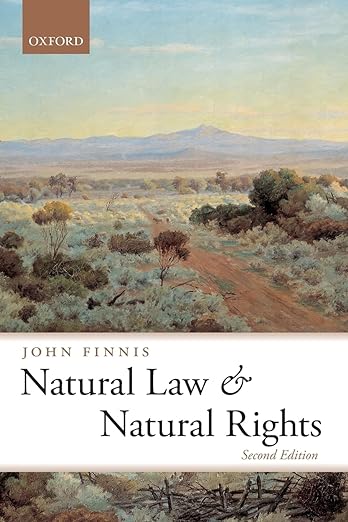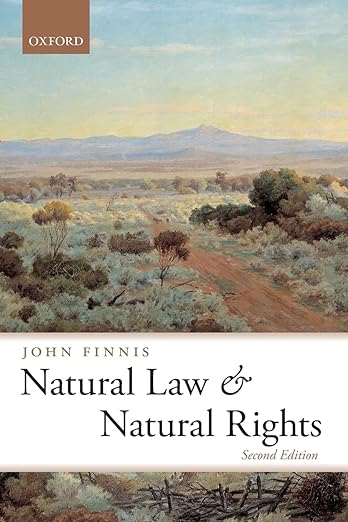I had recent occasion to re-read Professor John Finnis’s account of how the lawmaker goes about specifying, or determining, particular expression of the law that fit within the natural law. I was struck by his view that even in this comparatively discretionary domain, the lawmaker is highly constrained.
Of course, he is constrained by the deductions from the natural law itself. But he is constrained by more than that: in fact, he is constrained in some ways more than he is by the high level deductions from the natural law. And what constrains him, in large part, is tradition.
From his Natural Law & Natural Rights, 285-87 (2d edition 2011) (I have bolded the key sections), beginning with an example concerning property:

If material goods are to be used efficiently for human well being (cf. V.6), there must normally be a regime of private property: see VII.3. This regime will be constituted by rules assigning property rights in such goods, or many of them, to individuals or small groups. But precisely what rules should be laid down in order to constitute such a regime is not settled (‘determined’) by this general requirement of justice. Reasonable choice of such rules is to some extent guided by the circumstances of a particular society, and to some extent ‘arbitrary’. The rules will for the most part be determinationes of the general requirement–derived from but not entailed by it even in conjunction with a description of those particular circumstances: see VII.4, 5, 7.
Moreover, in the vast area where legislators are constructing determinationes rather than applying or ratifying determinate principles or rules of reason, there are relatively few points at which their choice can reasonably be regarded as ‘unfettered’ or ‘arbitrary’ (in the sense that it reasonably can be when one confronts two or more alternatives which are in all respects equally satisfactory, or equally unsatisfactory, or incommensurably satisfactory/unsatisfactory). The basic legal norms of a law-abiding citizen are ‘Do not commit offences’, ‘Abstain from torts’, ‘Perform contracts’, ‘Pay debts’, ‘Discharge liabilities’, ‘Fulfill obligations’, etc.; and taking these norms for granted without stating them, the lawmaker defines offences (from murder to road-traffic offences), torts, the formation, incidence, and discharge of contracts, etc., etc. But this task of definition (and redefinition in the changing conditions of society) has its own principles, which are not the citizen’s. The reasonable legislator’s principles include the desiderata of the Rule of Law (see X.4). But they also include a multitude of other substantive principles related, some very closely, others more remotely, some invariably and others contingently, to the basic principles and methodological requirements of practical reason…
Many of the second-order principles or maxims employed by lawyers express the desirability of stability and predictability in the relations between one person and another, and between persons and things. Such maxims are obviously connected very closely not only with the formal features of law (see X.3) and the desiderata of the Rule of Law (see X.4), but also with the willingness of lawyers and indeed of people in society in every age to attribute authoritative force to usage, practice, custom (see IX.3). And there is a corresponding first-order principle or set of principles to which any legislator ought to give considerable weight–that those human goods which are the fragile and cumulative achievements of past effort, investment, discipline, etc., are not to be treated lightly in pursuit of future goods. More prosaically, the tangible expenses and waste of dislocative change are to be taken fully into account–the legislative choice between ‘drive on the left’ and ‘drive on the right’ is a matter of indifference in the abstract, but not in a society where by informal convention people already tend to drive on the left, and have adjusted their habits, their vehicle construction, road design, and street furniture accordingly.



